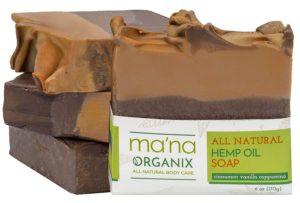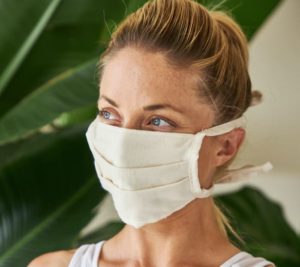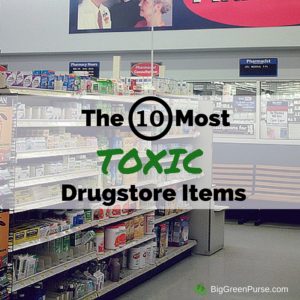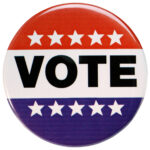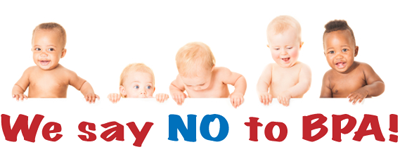
It is time to ban Bisphenyl-A. In fact, banning Bisphenyl-A is long overdue.
This toxic chemical, also known as BPA, can make kids sick. Previous studies have indicated that BPA can cause baby boys to be born with short penises that could ultimately make reproduction difficult when the boys become men. A study released yesterday in the journal Pediatrics links the toxin to behavioral and emotional problems in toddler girls.
That study tracked 244 moms in Cincinnati and their 3-year old children. The study concluded that children of mothers whose urine contained high levels of BPA were more likely to be hyperactive, aggressive, anxious, or depressed. The behavior of girls appears to be more affected than the behavior of boys in this case, perhaps because BPA mimics the female hormone estrogen, which is thought to influence behavioral development.
Moms, pediatricians, and many consumer groups have been up in arms against BPA for years. The toxin, which helps harden plastic like the kind used for baby bottles and no-spill sippy cups, is also used to line the inside of food and soda cans. Women, using the power of their purse, were able to successfully pressure the manufacturers of baby bottles and sippy cups to eliminate BPA; many reusable water bottle makers have followed suit.
Unfortunately, most canned foods and drinks still come in cans tainted with BPA.
It’s time to rid all food packaging of this dangerous chemical. BPA should not be allowed in food packages produced in the U.S., and it should not be allowed in food packages imported into the U.S., either.
Eleven states, including California, Minnesota and Maryland, have already put their own bans in place, while France has prohibited BPA use in food packaging, as well. The U.S. should institute a nationwide ban as soon as possible.
That decision is up to the U.S. Food and Drug Administration. FDA is already in the process of determining whether BPA should be eliminated from baby bottles – even though industry, in response to consumer pressure, has already taken that step. FDA should widen its focus to include any container used to package food and drinks.
What you can do now:
You can protect yourself and your family by:
* choosing fresh food or food and drinks packaged in glass bottles, not cans or plastic bottles
* use reusable water bottles that clearly say “BPA free”
* make sure your kids only use cups, bottles, and toys clearly marked “BPA free”
Also: Sign this petition from MomsRising asking the Food and Drug Administration to ban BPA in infant formula packaging.
Related Posts:
How to Protect Your Family from Bisphenyl-A
BPA Banned from Baby Bottles. What About Other Chemicals and Other Products?
Little Girls Are Worrying About Bras When They Should Still be Playing with Play Dough



